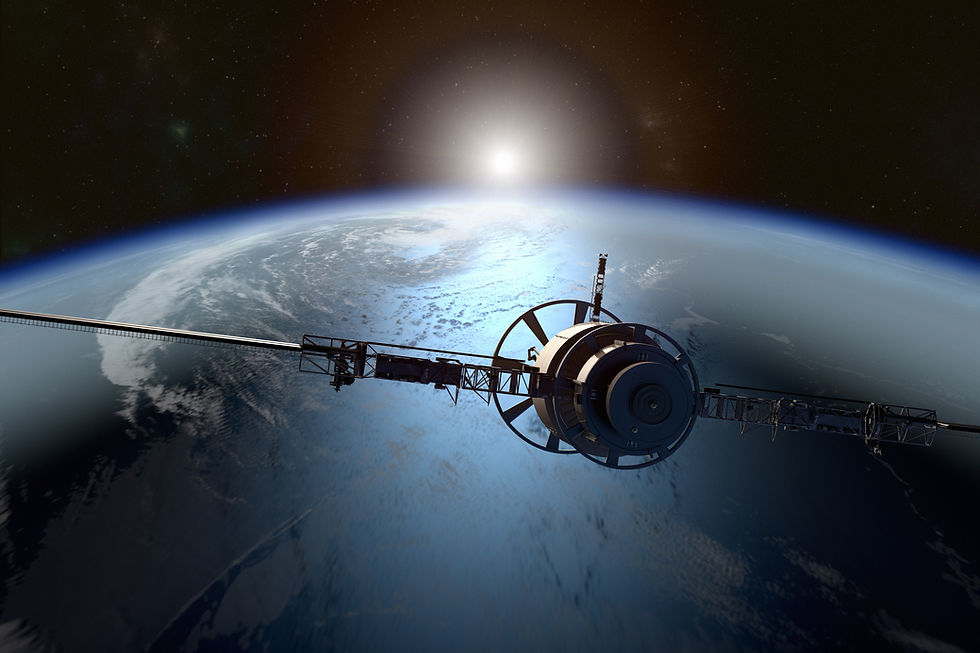7 startups revolutionizing space exploration
- Teenspire Global

- Apr 9, 2021
- 2 min read

Until very recently, innovation in the space industry was restricted to space agencies of their respective countries. However, after opening up the sector to the private investors and startups we’ve seen some phenomenal progress, below are some of them who are revolutionising space research and exploration.
1. SpaceX - SpaceX is an American aerospace company headed by Elon Musk, an entrepreneur and a billionaire. Founded in 2002, it’s primary aim was to build affordable rockets and enable the colonisation of Mars. The first liquid-fuelled rocket to reach orbit was launched in September 2008 and from then the company has completed a mission nearly every year. Very recently, it became the first private company to send two humans to the ISS on it’s indigenously built Falcon 9 rocket.
2. Relativity Space - Founded in 2016, relativity space primarily focuses on aerospace manufacturing. They aim at revolutionising the entire process of rocket building and flying. Their plans involve utilising 3D printing for their entire manufacturing process which cuts the time required to develop a rocket from design to launch by upto two years. Their ultimate goal is to launch their own rockets from Mars.
3. Skyroot Aerospace - Based out of India, Skyroot claims to be the only company in the world that can carry payloads ranging from 200-700 kg to a low Earth orbit.Skyroot has designed it’s space vehicles in such a way that it can be assembled and launched on demand. To give you context, it takes a minimum of 6 months to launch a small satellite by a government run space agency. Interestingly, all the components required to build the satellite will be sourced from India itself.
4. Enpulsion - Propellants are a very important component for a rocket and also constitute a large weight. Electric propulsion increases the lifetime of satellites thereby increasing the duration of missions. Electric propulsions also enhance the performance of thrusters thereby becoming lighter and reducing the cost of launch. Enpulsion manufactures electric propulsion systems. The startup develops the IFM Nano Thruster technology based on the field-emission electric propulsion (FEEP).
5. Cesiumastro - Without communication a satellite is paralysed with very little use of it. Satellites communicate amongst others and also transmit signals to Earth. With the number of satellites being launched increasing by the day, robust communication systems are needed. CesiumAstro provides out-of-the-box communication systems for satellites, launch vehicles, drones, and other space or airborne platforms through its trademark product the SBC-1461 single board computer that operates in low-earth orbit by design.
6. Moonexpress - Founded in the year 2010, the company focuses on offering lunar transportation and exploration for scientists, researchers to conduct experiments. The idea was to create a frequent pathway to the moon. Ultimately, Moon Express hopes to send its R2-D2-like spacecraft to the Moon.
7. Pixxel - Pixxel is an Indian space tech startup that is building a constellation of earth imaging satellites to provide a dataset which the current satellites are not capable of providing. Pixxel also has ambitious plans of using Artificial Intelligence to extra actionable insights from raw data. The data is said to be of immense help to industries such as agriculture, oil and gas, climate change, forestry and others.
.jpg)






Comments